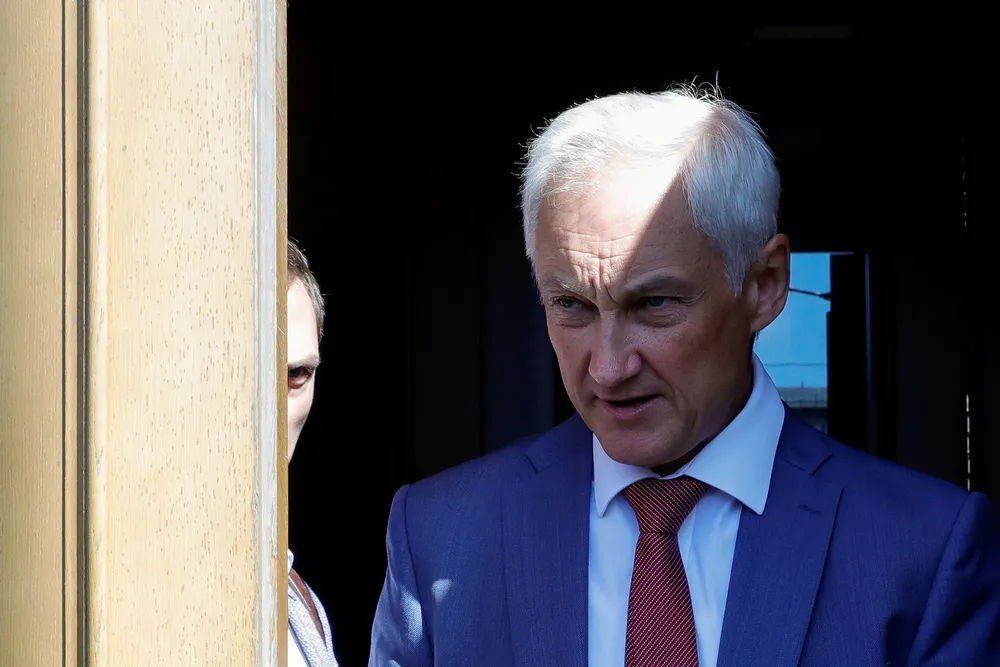Kremlin threatens criminal prosecution to investors dumping Russian subsidiaries
Moscow shows irritation with exit announcements by prominent international companies, a trend which started with the oil and gas industry

Moscow shows irritation with exit announcements by prominent international companies, a trend which started with the oil and gas industry
